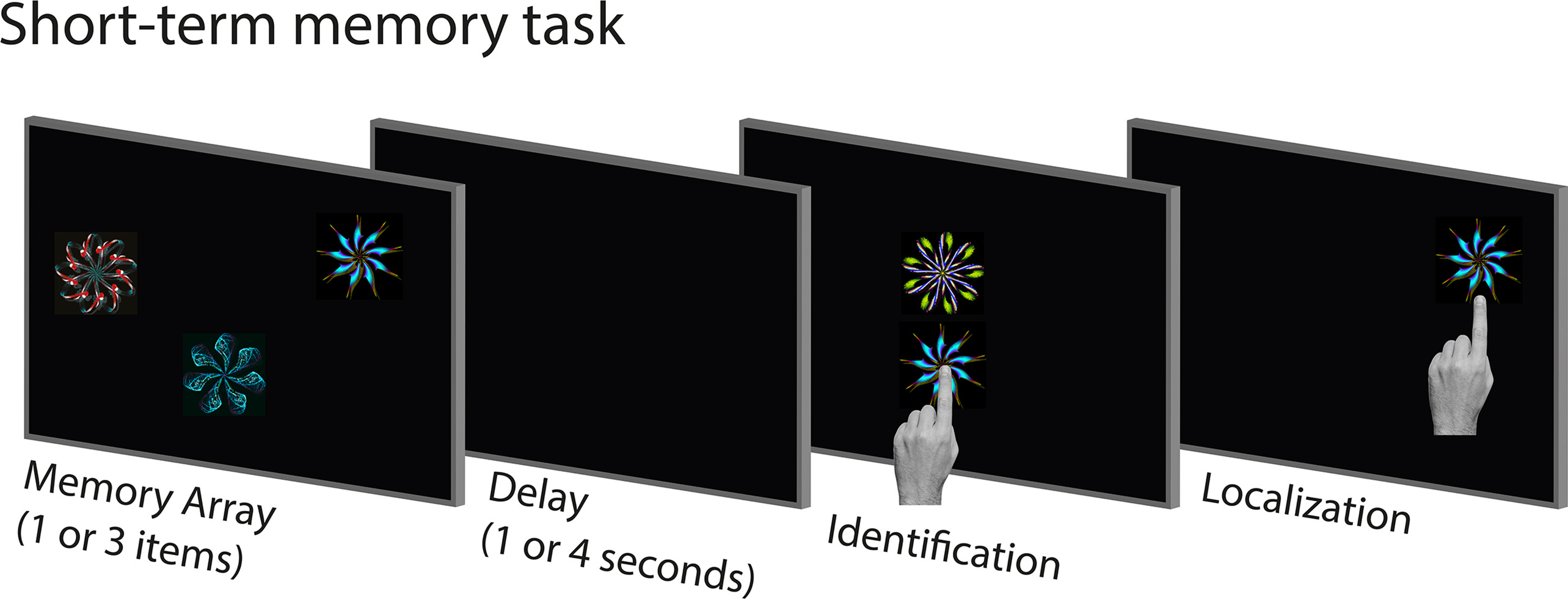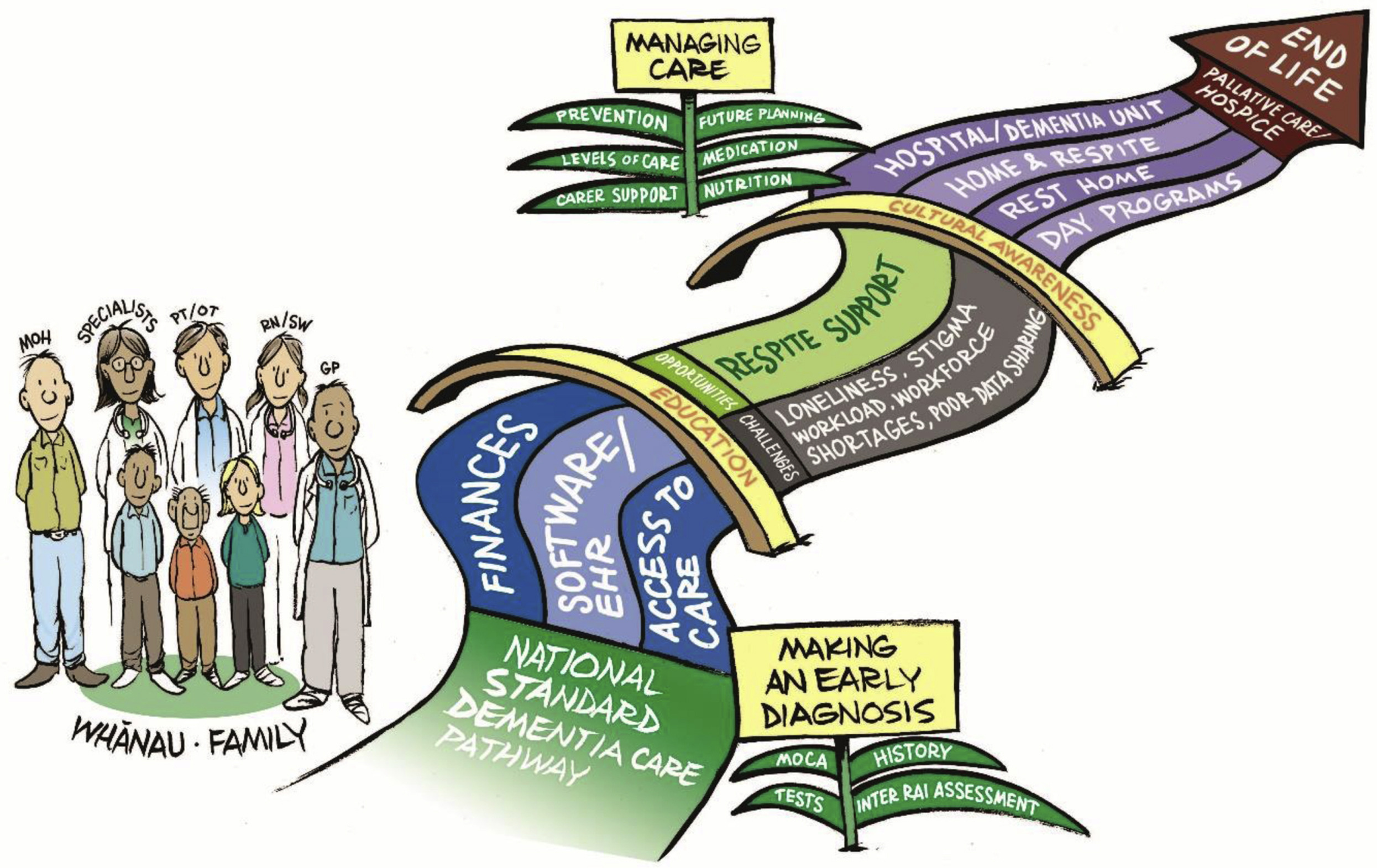Elsevier, Sustainable Cities and Society, Volume 62, November 2020
This paper assesses the influence of land development patterns on intra-urban thermal variation in a densely-developed subtropical city, considering joint effect from greenspace pattern and built-up geometry. Despite growing research on urban climates, research at a scale that can support urban planning with scientificallyinformed strategies is still not as well documented for warm climate cities as for temperate cities. In response, this paper uses land surface temperature and geoinformation to assess the subtropical city of Taipei, Taiwan.
Elsevier, Cortex, Volume 132, November 2020
It has recently been proposed that short-term memory (STM) binding deficits might be an important feature of Alzheimer's disease (AD), providing a potential avenue for earlier detection of this disorder. By contrast, work in Parkinson's disease (PD), using different tasks, has suggested that the STM impairment in this condition is characterised by increased random guessing, possibly due to fluctuating attention.
Elsevier, Journal for Nurse Practitioners, Volume 16, 1 November 2020
This study explored an established primary care–based dementia pathway in New Zealand (NZ) and nurse practitioner dementia diagnosis and care in 1 small United States state that has adopted a value-based delivery model. Central to the NZ model was the education of primary care providers, clear delineation of specialists’ support and referral pathways, and routine and predictable family carer respite. The US respondents reported that the essential resources necessary to support the diagnosis and management of dementia were lacking.
Elsevier, Journal of the American Medical Directors Association, Volume 21, November 2020
In April, 2019, the Alzheimer's Association Dementia Care Provider Roundtable convened to discuss common challenges faced when implementing person-centered, non-pharmacological practices in long-term care and other settings that provide care and programs for persons living with dementia, and to develop relevant, specific guidance from the perspective of administrative leaders from 23 long-term and community-based care provider organizations (representing home, community-based, and residential care).
Elsevier, Heliyon, Volume 6, November 2020
Alzheimer's disease is a progressive neurodegenerative disorder. In this disease neurodegeneration occurs due to deposition of aggregated amyloid-beta plaques and neurofibrillary tangles (hyperphosphorylated tau proteins). Present study focuses on interaction of different phytochemicals with presenilin stabilization factor like protein (PSFL). PSFL protein is known to stabilize Presenilin, which is mainly involved in intramembrane hydrolysis of selected type- I membrane proteins, including amyloid-beta precursor protein, and produces amyloid-beta protein.
Elsevier, EClinicalMedicine, Volume 28, November 2020
Background: The aim of this study is to use classification methods to predict future onset of Alzheimer's disease in cognitively normal subjects through automated linguistic analysis. Methods: To study linguistic performance as an early biomarker of AD, we performed predictive modeling of future diagnosis of AD from a cognitively normal baseline of Framingham Heart Study participants. The linguistic variables were derived from written responses to the cookie-theft picture-description task.
Elsevier, Public Health in Practice, Volume 1, November 2020
Objectives: This study examines the association between oral health and food avoidance among older adults in the United States. Study design: A population-based sample of 1,278 adults aged 51+ from the Health and Retirement Study was used. A logistic regression model was performed to evaluate various oral health conditions and food avoidance behavior among older adults. Results were quantified as odds ratios (OR). Results: This study found a significant association between oral health and food avoidance in older adults.
Elsevier, Public Health in Practice, Volume 1, November 2020
Objectives: The increasing prevalence of malnutrition among school-going adolescents is a major public health threat in Bangladesh. School studying adolescents are a crucial group suffering from malnutrition. Proper nutrition information can enrich their knowledge, promote their health and also minimize the burden of malnutrition. The study aimed to identify the sources of information and corresponding knowledge level on nutrition among school-going adolescents in Bangladesh. Study design: A school-based cross-sectional survey was carried out from January to August 2019.



